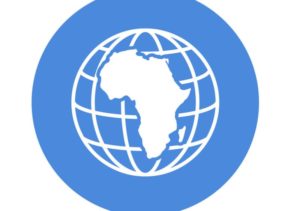A new U.K.-based advisory board has been formed with the aim of providing expert guidance in the digital identity sphere, while advancing the recognition of identity as a human right.

Formed by The Alan Turing Institute — the United Kingdom’s national institute for data science and artificial intelligence — the International Advisory Board for Trusted Digital Infrastructure for Identity comprises board members from both the public and private sectors, and looks to continue the Turing Institute’s practice of applying academic research to developments in digital identity systems.
“This Advisory Board is a unique forum set up to enrich understanding of our growing reliance on digital identity systems and the robust considerations needed to avoid harm, address inequalities and protect the citizens these systems are being set up to serve,” says Mark Briers, Programme Director for Defence and Security, The Alan Turing Institute. “Today numerous approaches to digital identity are supported by complex ecosystems of data stores, networks and interfaces with services. Data science techniques are creating strong opportunities to underpin the trust assumptions required of governments, service providers, and the many businesses and organisations that rely on these systems,” he added.
The news comes at a time where the number of countries around the world moving toward a national digital identity program is growing at a rapid rate. According to data from the World Bank Group, there are 161 countries with a digital element to their national identity program, from a total of 175 of such programs.
The new Advisory Board will look to promote a greater appreciation of the requirements of trusted identity systems as well as the technologies and practices that are available to allow governments to responsibly meet their goals. The Board will be chaired by ID4Africa Executive Chairman Dr. Joseph Atick, who looks to place greater emphasis on the growing impact digital identity initiatives are having on modern society.
“Today, COVID-19 has both highlighted and accelerated the role of digital identity in extending social safety nets and managing economies as populations and businesses alike adapt and permanently move interactions and commerce online,” said Dr. Atick. “Digital advances in identity, particularly biometric technologies, have become essential to the functioning of a healthy society.”
The Board will look to bring a perspective to the digital identity discussion from lower income countries as well as developed economies, including those with direct involvement with The World Bank Group’s ID4D initiative, India’s Aadhaar program, ID4Africa, a humanitarian organisation that accompanies African nations on their journey to develop robust and responsible identity ecosystems, and the EU’s eID regulations.
The ultimate goal of the Advisory Board is to develop “a definitive set of tested and accessible tools, best practice guidance, and design references based on six key criteria for assessing the impact on trust in national identity programmes: security, privacy, ethics, resilience, robustness, and reliability.”

Follow Us